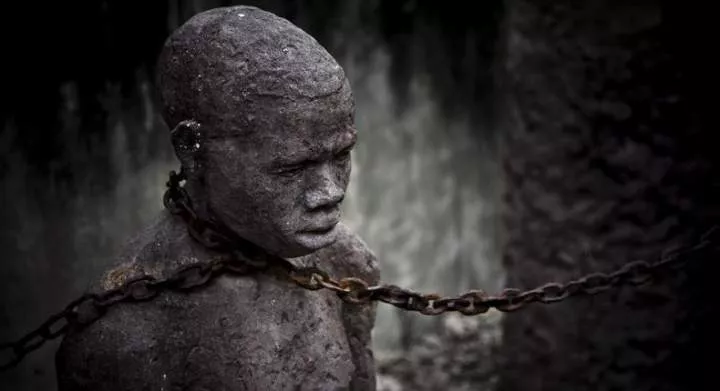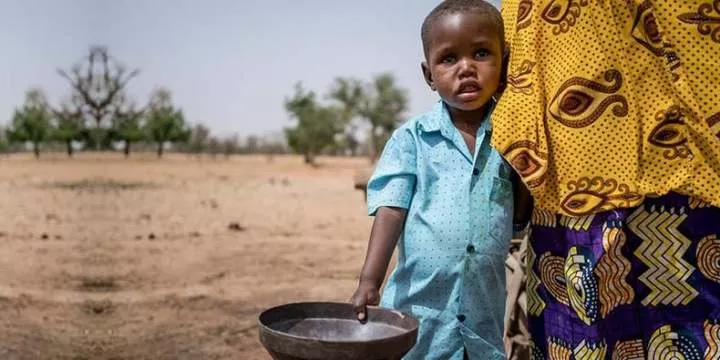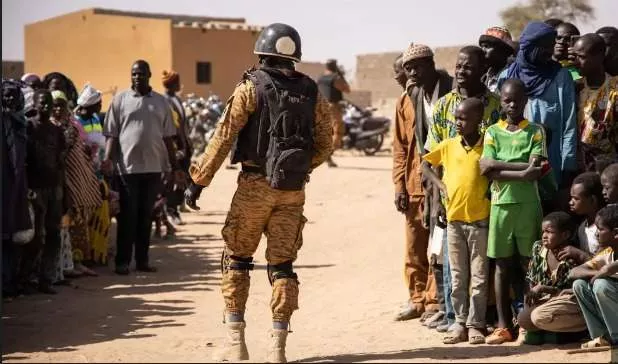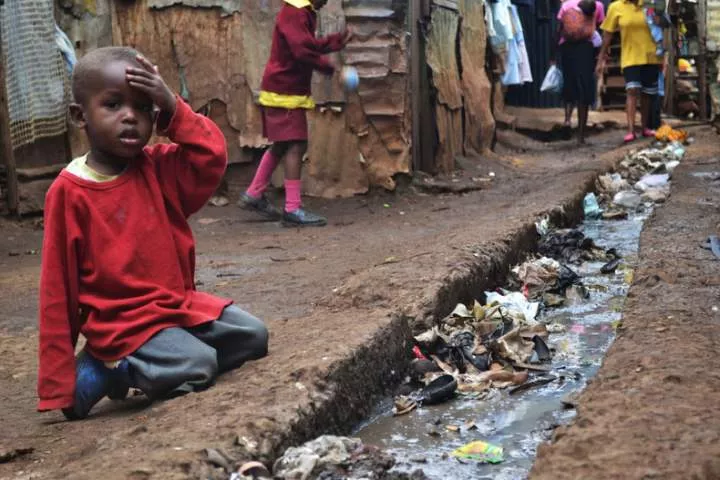
The transatlantic slave trade has far-reaching consequences in Africa that resonate to this day.
The transatlantic slave trade, which forcibly transported millions of Africans to the Americas as enslaved labourers, is a dark chapter in history when Africans suffered and were unfairly exploited.
Although the slave trade itself ended in the 19th century, its aftermath continues to cast a shadow over the societies, economies, cultures, and politics of Africa.
One of the major consequences of the transatlantic slave trade was the loss of human lives. Millions of Africans were taken from their homes and cultures, leaving communities to mourn the absence of their sons and daughters. This, in turn, hindered economic and social development in the region.
But significant population loss due to the slave trade merely scratches the surface. The aftermaths of slavery in Africa go way beyond that.
Here are some more:
Economic exploitation
The economic exploitation of Africa during the transatlantic slave trade left many regions impoverished. European colonial powers and slave traders extracted valuable resources to finance the trade and their own countries, stumping Africa's growth and economic development. This left lasting scars that are still visible today.

For instance, Ghana, formerly known as the Gold Coast, was a source of gold for European traders. The extraction of this precious mineral severely disrupted Ghana's economic stability. The exploitation of these resources contributed to economic degradation that persists in, not just Ghana but many other African countries to this day.
Political instability
The absence of strong governance systems made African countries vulnerable to corruption and misuse of power. Lack of transparency and accountability in government institutions worsened political instability and economic underdevelopment.
Post-independence leaders in many African nations seized power and amassed wealth, often at the expense of the masses. The aftermath of slavery in African countries contributed to political instability and corruption. Political leaders are comfortable diverting resources away from the public and they couldn't care less.

For instance, the conflict in the Democratic Republic of Congo is fueled by competition over valuable minerals like coltan and diamonds, this exploitation and lack of transparent governance contribute to political instability.
War
The aftermath of slavery in Africa has indeed left a trail of conflicts and wars that continue to affect the continent to this day. Wars, both historical and ongoing, are linked to slavery, colonialism, and the subsequent political, social, and economic instability.
As we are well aware, many African countries experienced civil wars as they gained independence. For instance, the Nigerian Civil War (1967-1970), also known as the Biafran War, was driven by ethnic and political tensions between the Igbo-dominated southeastern region. This war resulted in casualties and the effects of this still hover over the nation like a dark cloud.

Many other African countries still experience wars today like the Sudan conflict and the Democratic Republic of Congo (DRC) conflict. These wars, involving ethnic groups, militias, and neighbouring countries competing for control over natural resources, have led to millions of deaths.
The aftermath of war
The aftermath of wars in African countries has often included, displacement and refugees, economic degradation and poverty, health and education disruption and of course, political instability.
Racism and discrimination
Racism is a problem that seems so deeply rooted that it's almost impossible to be completely rooted out. Their roots can be traced back to slavery and colonialism. This is a persisting problem that has caused deaths in not just Africa but various other parts of the world, affecting people of African descent.
Discrimination based on race simply means unequal access to resources, education, healthcare, and employment.
For instance, in South Africa, there was the Apartheid Era that lasted from 1948 to 1994. This system was a brutal regime of racial segregation and discrimination. It classified people into racial groups such as Black, White, Coloured, and Indian, and denied basic rights and opportunities to Black South Africans. Even today, racial discrimination persists. It is clear that slavery and colonialism contributed to racism and racial discrimination in Africa.
Underdevelopment
Many countries in Africa are categorized as third-world countries due to historical, social, economic, and political factors. These factors all have their roots in the slave trade, colonialism, exploitation, and challenges that have hindered the continent's progress.
The colonization of Africa by European powers resulted in the exploitation of its resources and resulted in economic dependency and degradation.

During colonial rule, Africa's resources were extracted for the benefit of colonizers, which led to the depletion of valuable assets and poverty. Many of these countries have almost no access to education, healthcare, and good infrastructure.
Debt: Many African countries bear a heavy debt burden resulting from loans acquired during times of economic hardship. This debt limit governments' ability to invest in sectors like education, healthcare, and infrastructure, resulting in underdevelopment.
Health challenges: The prevalence of diseases such as malaria, HIV/AIDS, and inadequate healthcare systems have significantly impacted human capital, reducing productivity and stunting economic growth.
Instability: Conflicts and civil wars have diverted resources away from the countries' development which in turn contributes to further underdevelopment.
In a nutshell, the underdevelopment of many African countries can be traced back to historical factors, economic exploitation, political challenges, and the slave trade.















Comments